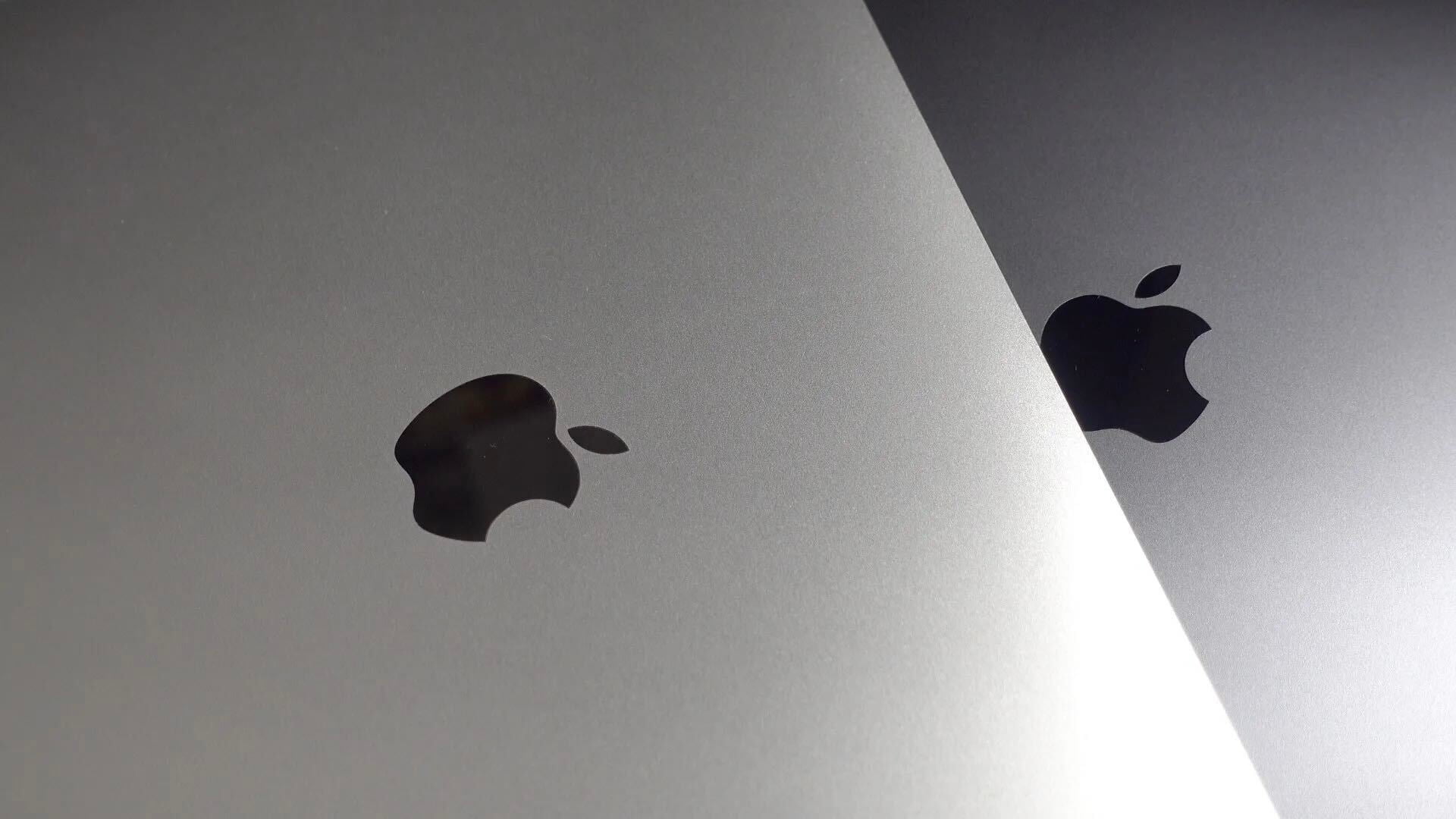Review: ‘Becoming Steve Jobs’ depicts a late-maturing iCEO with a growing heart and softened edges


Several years after Steve Jobs’ untimely death, journalists — particularly ones who previously interviewed or covered Jobs — are still combing their archives for underreported facts or quotes that might justify new books on Apple’s enigmatic CEO. Naturally, the overlap with earlier works is significant, as new authors repeatedly acknowledge leaning on Michael Moritz’s (Return to) The Little Kingdom and Owen Linzmayer’s Apple Confidential 2.0, among many others. But there’s still an opportunity to bring new details to light, which is why Brent Schlender and Rick Tetzeli’s Becoming Steve Jobs ($12+/Amazon, $13/iBookstore) exists. Over 400 pages in length, it aims primarily to set the record straight about one key facet of Jobs’ life — he was a better man at age 56 than he was at 21 — but includes enough interesting anecdotes about Apple and Jobs’ other pursuits to be worth reading.
Although Becoming Steve Jobs follows a mostly familiar storytelling arc, Schlender and Tetzeli’s strengths come from two sources: direct access to Jobs from the mid-1980’s until 2011, and interviews with major players conducted after Jobs’ death. While their quotes tend to be short and in service of the larger narrative, the list of participating heavy hitters is non-trivial: Laurene Powell Jobs represents the Jobs family, alongside current Apple executives Tim Cook, Jony Ive and Eddy Cue, ex-Apple executives Jon Rubinstein, Tony Fadell, Katie Cotton, Fred Anderson and Avie Tevanian, Jobs’ top ad men Regis McKenna and Lee Clow, Pixar’s Ed Catmull and John Lasseter, Microsoft’s Bill Gates, and Disney CEO Bob Iger. Given that access, it’s perhaps not a surprise that the book paints a largely sympathetic portrait, but the authors also gave participants room to speak candidly about how Jobs’ “sharp elbows” affected them personally and professionally…